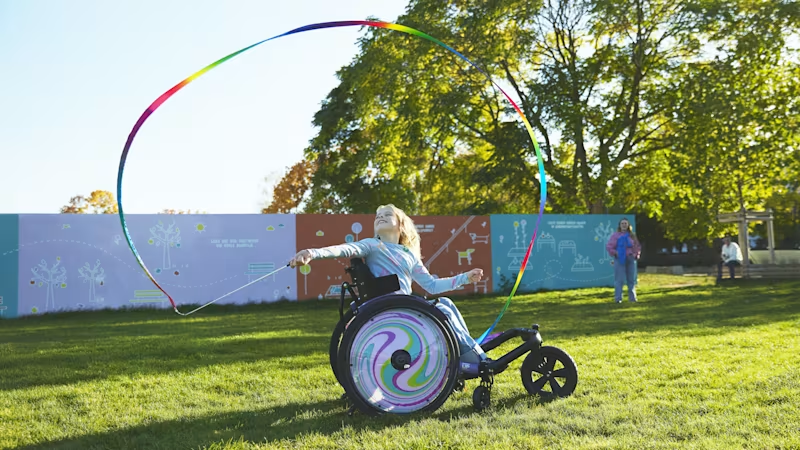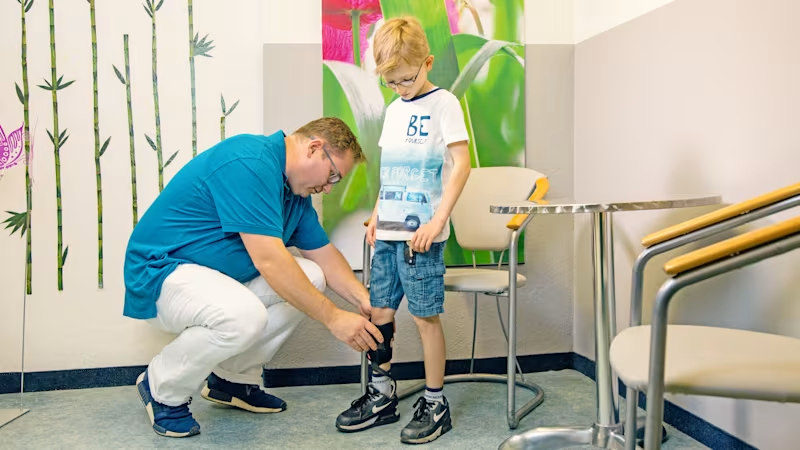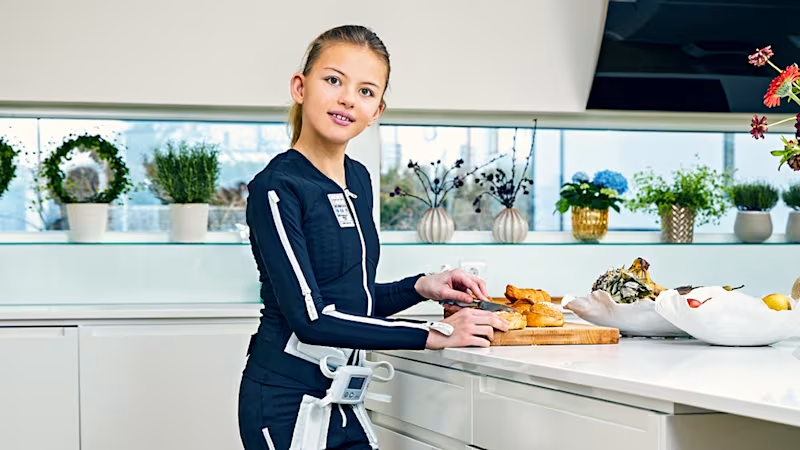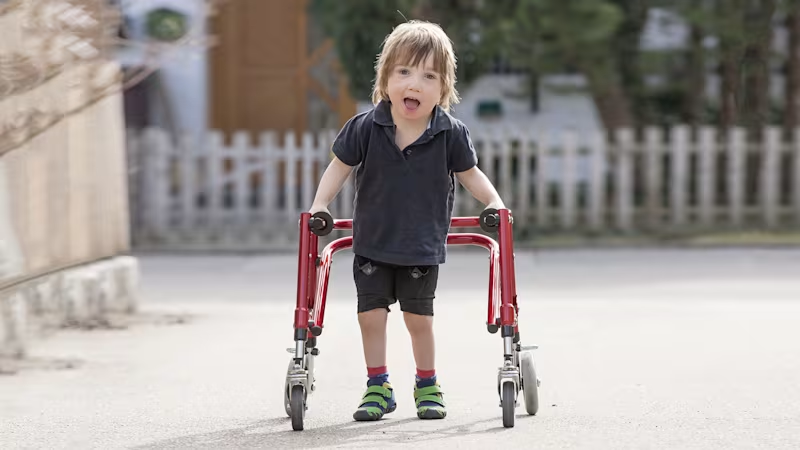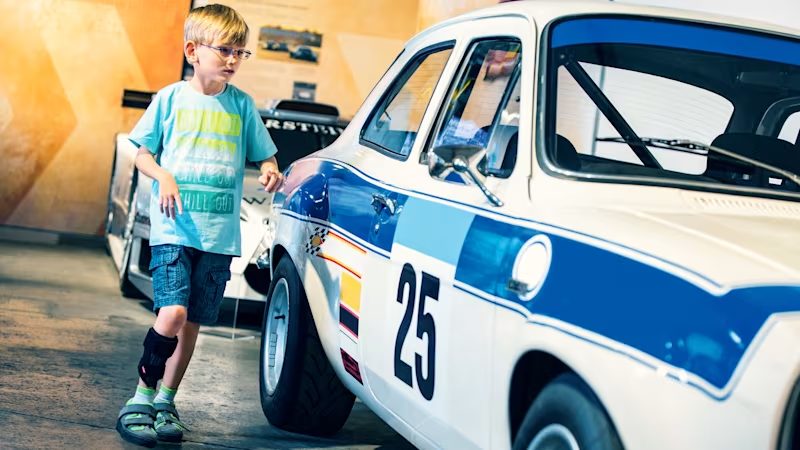Children's Rehab
Children's rehab: greater mobility for children and young people
Children's rehabilitation ensures that children and adolescents with disabilities get the opportunity of active participation. With individual mobility aids adapted to the needs of each child, it maintains the quality of care and facilitates everyday life.
Customized solutions and comprehensive advice by our experts return some freedom and independence to children and adolescents.
Ottobock Kids
Since 1919, Ottobock has been committed to helping people around the globe to achieve more mobility and thus more independency. Unfortunately, providing the best possible assistive devices to children and young people with disabilities has not yet become standard practice in our society. One reason for this is the complexity of the supply of aids.
To get the best possible therapeutic outcome, it is important that all persons involved in the supply chain collaborate closely from the very beginning. The provision of assistive devices starts with product development and, in further steps, includes both medical and therapeutic professionals as well as nurses and technicians. Supporting institutions such as daycare centers and schools, parents and, of course, cost bearers also play a vital role in the provision of aids.
Since children are constantly developing and, above all, still growing, children's aids should also be adjustable to grow with them, be individually adaptable and versatile. This is the only way they can fulfill their purpose and return some freedom and independence to the little heroines and heroes and their families. Ottobock supports families and users in the areas of medical care, therapy and leisure activities as well as with our large network of specialists and affected families.
Every beginning is difficult
At first, all affected families face the challenge of understanding and accepting that their child is physically impaired and that they have to overcome more and also different obstacles in everyday life than families with healthy children. In this phase, parents and relatives are often very preoccupied with themselves and quite vulnerable. They struggle with their own prejudices, doubts and fears and must first come to terms with the situation. In addition, they are confronted with numerous new challenges and contact persons: doctor's visits, hospital stays, therapists, health insurance and much more. It is not rare for adults to be overwhelmed by the challenges posed by the disability of their own child. Chin up! With the support of numerous experts, you can find your way back to everyday life even in these sometimes difficult times.

The right diagnosis
The path to the right diagnosis is sometimes long and not always easy. Some disorders are difficult to diagnose because, unlike Down syndrome, for example, the impairment may not be apparent until birth. The fact that their own child will be dependent on help and perhaps mobility aids for the rest of his or her life is a big challenge for many families.
Below various diseases are listed that may lead to a disability in children. This will give you an overview of the different disease characteristics as well as of the causes and the orthopaedic solutions that can be found for your child.
Forms of therapy: What are the options?
Scientific studies have shown that the chances of optimal development increase significantly when children with disabilities are supported as early as possible, ideally during infancy, through targeted therapeutic methods. Here you can find a selection of known forms of therapy.
Sports for children with disabilities
Moving and playing–children with disabilities or chronic diseases learn and discover the world just like any other child. Therefore, it is even more important that children with disabilities participate in regular gym classes as well as in sports competitions and sports festivals at school. Often, however, support and therapy determine the everyday life of a disabled or chronically ill child. In many cases, there is too little time for playful discoveries. However, all children want to pursue their curiosity and discover the world in their own way. If this is not possible, parents should take action and highlight the importance of an inclusive school program via the sports association and the school board.

Running Clinics
In cooperation with Heinrich Popow, gold medalist at the Paralympics in London 2012 and Rio 2016, beginners and advanced runners with amputations come together. Under the guidance of experts, they can test, practice and train their skills. The focus is not only on athletic performance: First and foremost, it is about the people and exchanging experiences.

